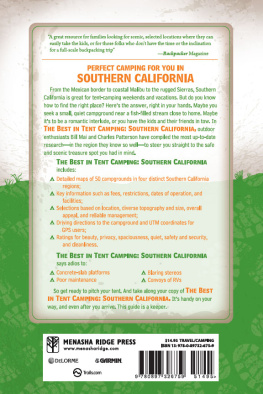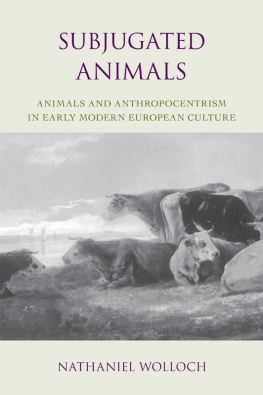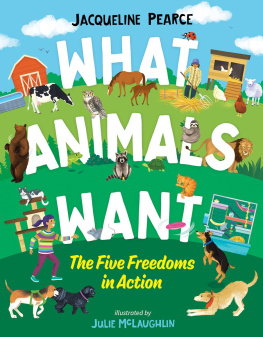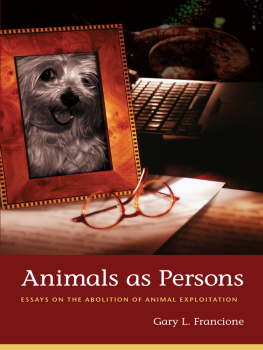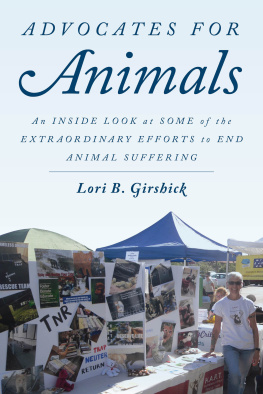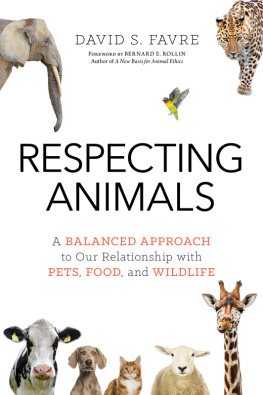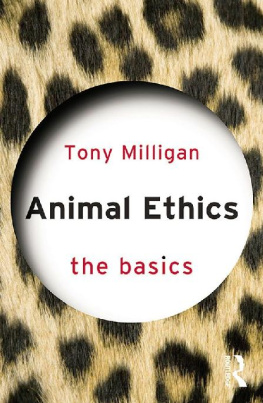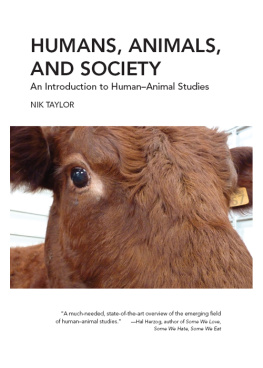Copyrighted image removed by Publisher
In memory of
Isaac Bashevis Singer (1904-1991)
In his thoughts, Herman spoke a eulogy for the mouse who had shared a portion of her life with him and who, because of him, had left this earth. "What do they know all these scholars, all these philosophers, all the leaders of the world about such as you? They have convinced themselves that man, the worst trans gressor of all the species, is the crown of creation. All other crea tures were created merely to provide him with food, pelts, to be tormented exterminated. In relation to them, all people are Nazis; for the animals it is an eternal Treblinka. "
Isaac Bashevis Singer, "The Letter Writer"
FOREWORD
In Eternal Treblinka, not only are we shown the common roots of Nazi genocide and modern society's enslavement and slaughter of nonhuman animals in unprecedented detail, but for the first time we are presented with extensive evidence of the profoundly troubling connections between animal exploitation in the United States and Hitler's Final Solution. Dr. Patterson does not let us forget, moreover, that the practices of the quintessentially American institution of the slaughterhouse that served as a model for the slaughter of human beings during the Nazi Holocaust flourish to this day.
However, Eternal Treblinka does not stop there. By exploring the entrenched racism in mainstream American culture that Hider often cited as exemplary, the book details American support for human eugenics and forced sterilization and the role that their advocates played in contributing to the the Final Solution. This examination is long overdue, for without it, American culture is unlikely ever to reconsider the values that still make it the most animal-exploiting civilization in history.
As disturbing as Eternal Treblinka's revelations are to read, the book's message is one of hope. The last part of the book takes pains to tell the stories of individuals whose links to the Holocaust, both as victims and perpetrators, helped steer them into animal liberation advocacy. If the experience of suffering can generate some good, then the work of those whose memory of suffering moves them to alleviate the suffering of others is that good.
My own parents are an example of individuals whose experiences of suffering did not stifle their impulse to alleviate the suffering of others. They both adored animals and empathized deeply with their plight. For my father, the passion was for horses. At one point in his unusual military career, he could no longer bear to subject horses to the weight of a human passenger, so he ended his equestrian days forever. My mother, who, to this day, makes the lengthy acquaintance of each dog she encounters on busy Manhattan streets, has more diverse interests. When small, furry fauna and large insect colonies could still be found everywhere in the borough of Queens, she regularly called my sisters and me away from other tasks to show us some amazing new accomplishment of a local squirrel or earthworm. And yet our requests to keep companion animals were steadfastly rejected, even as families around us, headed by parents less interested in animal life, went through generations of dogs and cats.
The reason always given was the inadvisability of becoming attached to a creature who would eventually die or be killed. My parents were adamant that we not be placed needlessly in situations in which we would have to experience loss and grieving. Only over time did I come to understand that it was the indescribable scale of their own losses during the Nazi era that imbued them with this excessive protectiveness. I eventually came to learn that my father had once had two young daughters and a wife, who were murdered as he watched, shortly before he himself was deported to a series of seven concentration camps, including Auschwitz-Birkenau. My mother, only an adolescent, and newly married, was torn from family in Budapest in 1944 for transport to forced labor, where she survived by employing her artistic gifts as a mender of SS uniforms and regalia. These two uprooted and nearly spent souls ultimately met in a Displaced Persons camp in Salzburg and married quickly, as did so many survivors who somehow formed the resolve to start life anew.
Though my parents wished for me and my two sisters lives of lightheartedness, it was inevitable that we would be drawn by our empathy for their suffering to causes that attempt to uplift the downtrodden. Eventually, when I came to understand that the oppression of nonhumans on this Earth eclipses even the ordeal survived by my parents, my fate as an advocate for animals was sealed. At a time when few attorneys could find paid employment in the animal rights movement, I was blessed to spend years of practice working as investigations counsel for People for the Ethical Treatment of Animals. Today, as I enter the field of public administration, the animals' plight will continue to direct my choices.
During my work on behalf of animal liberation, I have been renewed countless times by the literary masterpieces of Nobel Laureate Isaac Bashevis Singer. Eternal Treblinka is the first work of its kind to describe, in splendid detail, the enormous contribution of this literary genius, who stands, for me and many, as the animals' most compassionate champion in modern literature.
All who are not afraid to understand that the suffering that humans have so relentlessly inflicted on animals over the course of our species' history is one and the same with the suffering that humans often inflict on each other, must read and re-read this book.
Lucy Rosen Kaplan, Esq.
Baltimore, Maryland
PREFACE
While in New York doing graduate work at Columbia University, I became close friends with a German Jewish refugee, traumatized by her experience of living under the Nazis for six years. Her story moved me deeply, so I took courses and read extensively to learn more. Yuri Suhl, author of They Fought Back: The Story of the Jewish Resistance in Nazi Europe, and Lucjan Dobroszycki of the YIVO Institute of Jewish Research, editor of The Chronicle of the Lodz Ghetto, 1941-1944, were especially helpful.
Later when I became a history teacher and looked for, but could not find, a book on the background of the Holocaust suitable for my students, I wrote Anti-Semitism: The Road to the Holocaust and Beyond to fill the gap. The summer after its publication I attended the Yad Vashem Institute for Holocaust Education in Jerusalem, where I learned more from Yehuda Bauer, David Bankier, Robert Wistrich, and other Holocaust scholars. Back in the United States, I began reviewing books for Martyrdom and Resistance, a bimonthly now published by the International Society for Yad Vashem.
My awareness of the scope of our society's exploitation and slaughter of animals has been a more recent development. I grew up and spent most of my adult life oblivious to the extent to which our society is built on institutionalized violence against animals. For a long time it never occurred to me to challenge or even question the practice or the attitude behind it. The late AIDS and animal activist Steven Simmons described the attitude: "Animals are innocent casualties of the world view that asserts that some lives are more valuable than others, that the powerful are entitled to exploit the powerless, and that the weak must be sacrificed for the greater good." Once I realized this was the same attitude behind the Holocaust, I began to see the connections that are the subject of this book.


